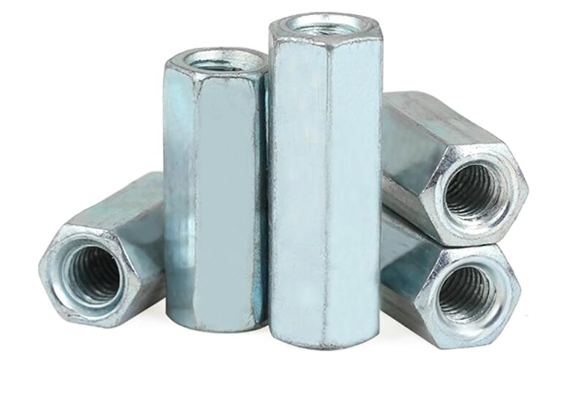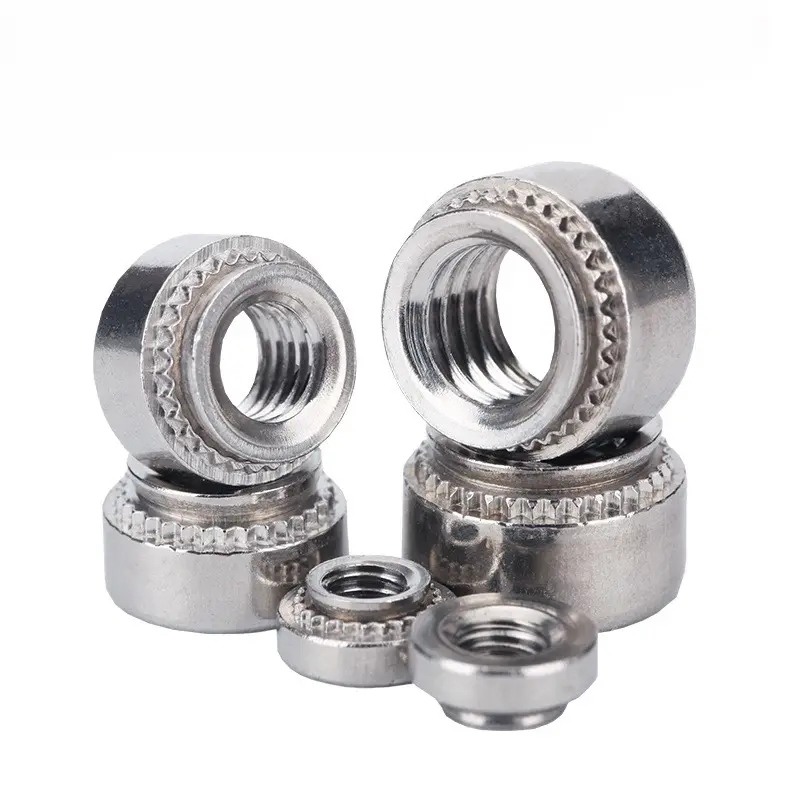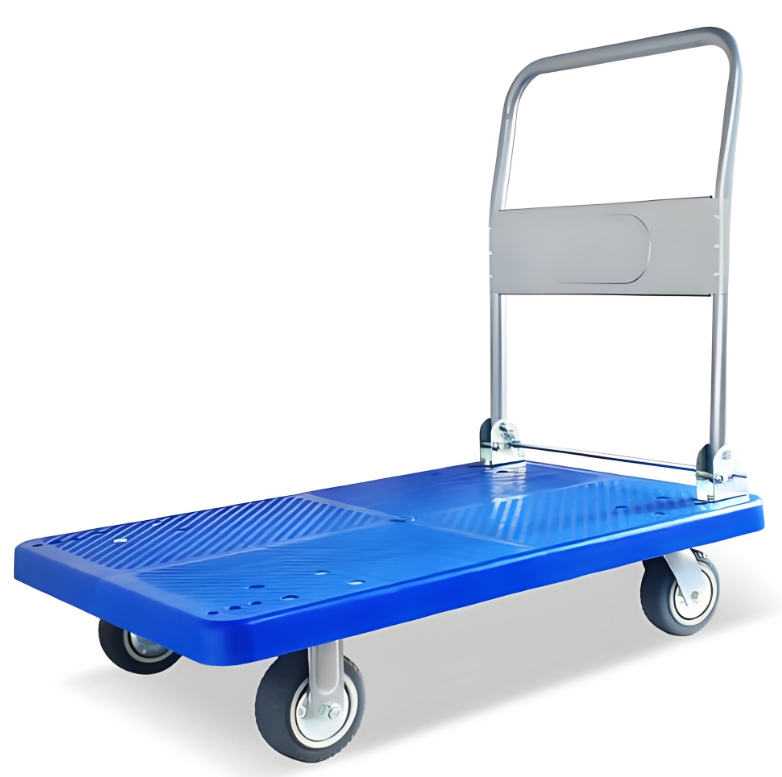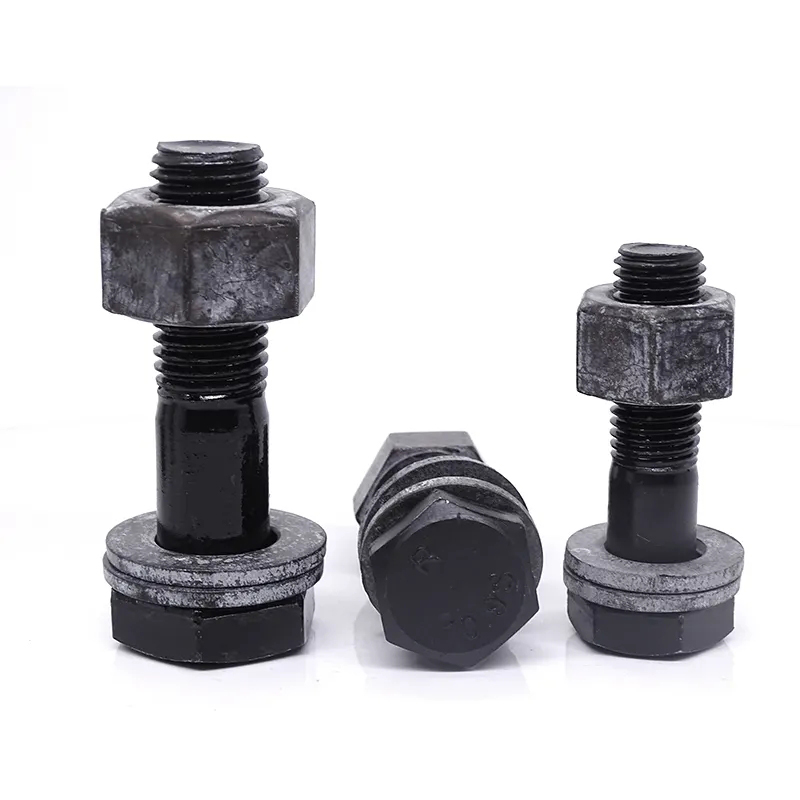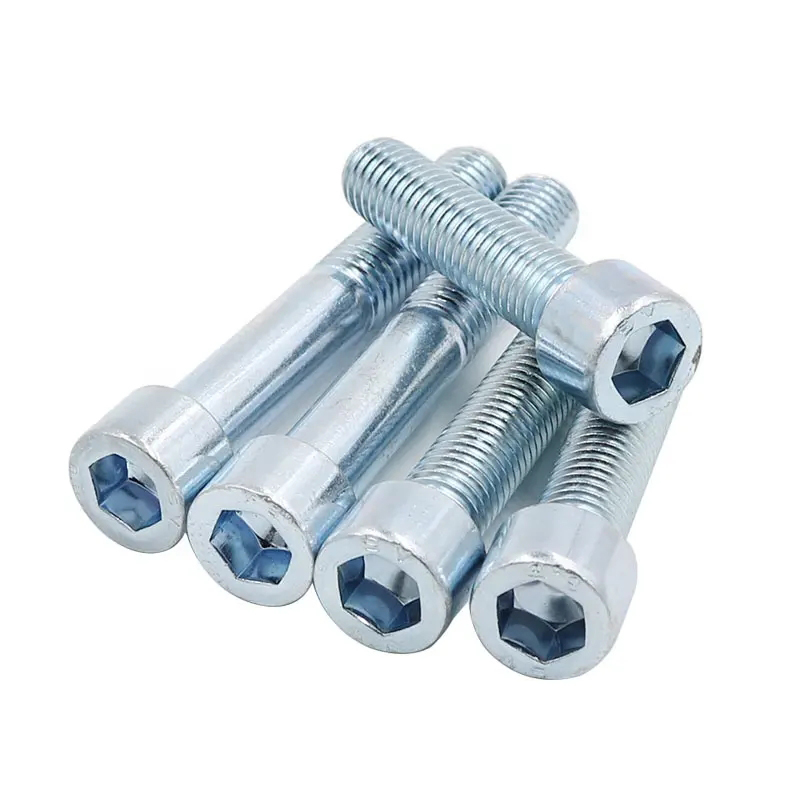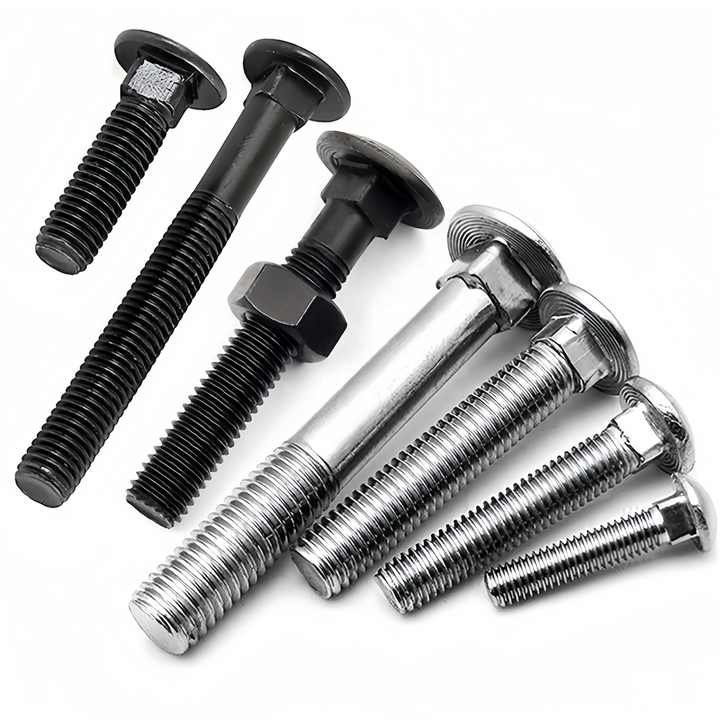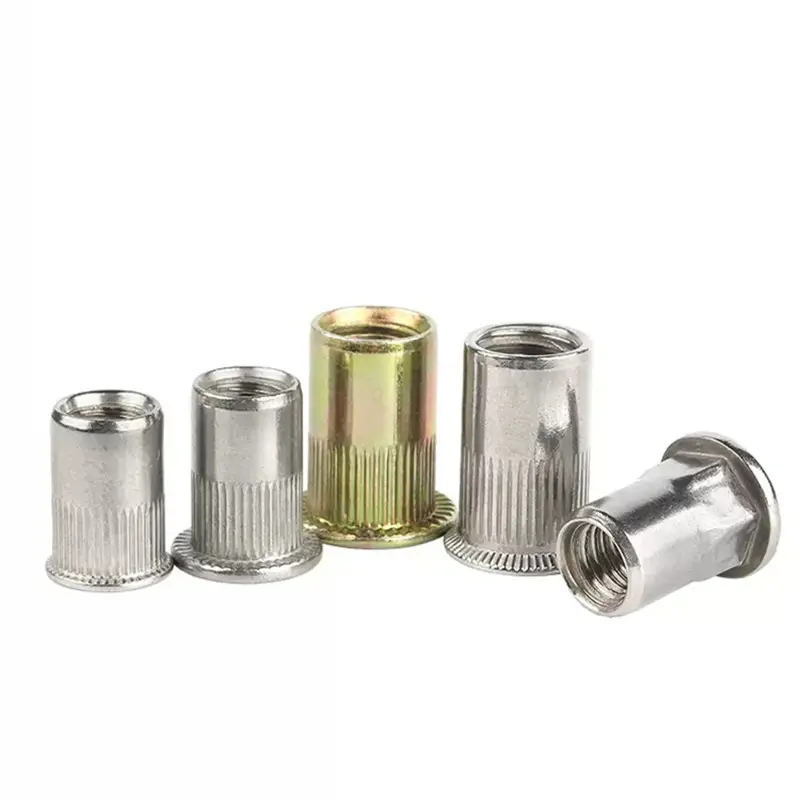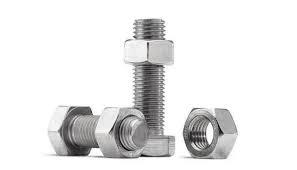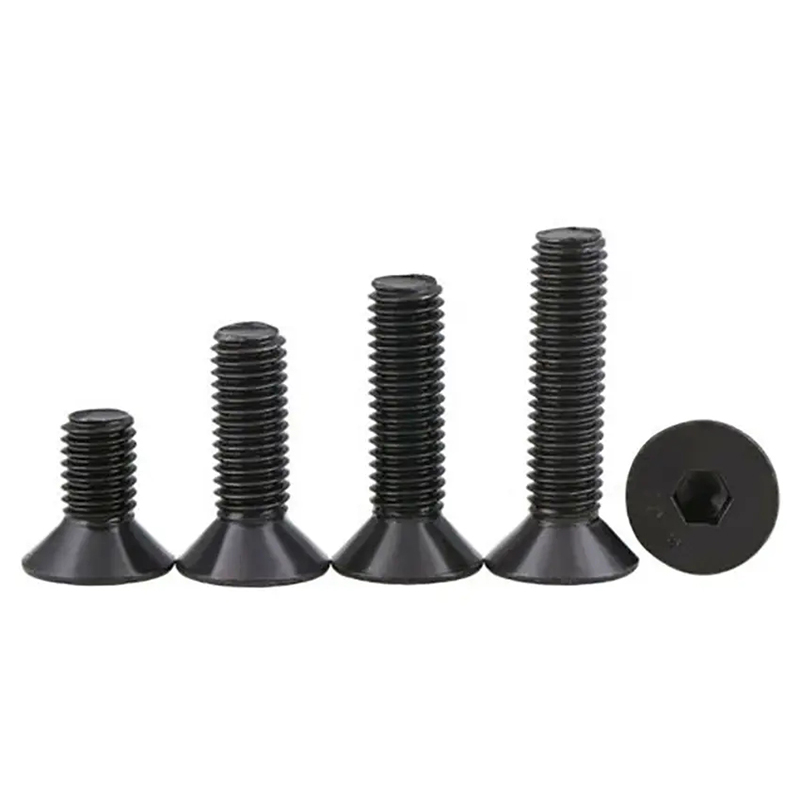

DIN 912 ISO Factory: A Comprehensive GuideThis article provides a comprehensive overview of DIN 912 ISO factories, covering manufacturing processes, quality standards, material selection, and application examples. We'll explore the intricacies of these facilities, examining the key factors that contribute to producing high-quality DIN 912 ISO fasteners.
A DIN 912 ISO factory is a manufacturing facility specializing in the production of hexagon socket head screws, specifically those conforming to the DIN 912 and ISO 4762 standards. These screws are widely used in various industries due to their strength, reliability, and versatility. The production process typically involves several key stages:
The choice of raw material is crucial for ensuring the final product meets the required specifications. Common materials include various grades of steel, such as carbon steel, alloy steel, and stainless steel. Each grade possesses distinct properties in terms of tensile strength, yield strength, hardness, and corrosion resistance. The selection depends on the intended application and required performance characteristics. For example, stainless steel is preferred for applications requiring corrosion resistance, while high-strength alloy steel is chosen for high-stress environments. Understanding these material properties is essential for selecting the appropriate material for specific needs. Refer to relevant material datasheets for detailed specifications.
The most common manufacturing process for DIN 912 ISO screws is cold heading. This process involves shaping a pre-cut wire into the desired screw head and shank using a high-speed press. Cold heading offers several advantages, including high production rates, improved material properties, and minimal material waste. It also leads to superior mechanical properties compared to other methods.
After the screw head is formed, the threads are typically created through thread rolling. This process involves using dies to deform the material, creating the threads without removing any material. Thread rolling is preferred over cutting threads, as it results in stronger, more precise, and more durable threads.
Depending on the required material properties, heat treatment may be necessary to further enhance the strength and hardness of the screws. This process involves carefully controlled heating and cooling cycles, allowing for the modification of the screw's microstructure. The specific heat treatment process will vary depending on the material grade and desired mechanical properties.
Various surface finishing techniques can be applied to enhance the corrosion resistance, appearance, and functionality of the screws. Common surface treatments include zinc plating, nickel plating, black oxide coating, and powder coating. The choice of surface finish depends on the application and required performance characteristics.
Rigorous quality control measures are crucial to ensure that the produced DIN 912 ISO screws conform to the specified standards. This includes regular inspections throughout the production process, as well as final product testing. Testing typically involves checking for dimensional accuracy, tensile strength, torque, and hardness. The factory should adhere strictly to ISO 9001 quality management systems to maintain consistent high quality.
DIN 912 ISO screws find widespread applications across diverse industries, including automotive, aerospace, construction, and machinery. Their high strength, precise dimensions, and versatility make them suitable for a wide range of fastening applications. Examples include:
Selecting a reliable DIN 912 ISO factory is paramount for ensuring the quality and consistency of the fasteners used in your projects. Key factors to consider include:
Hebei Dewell Metal Products Co., LTD (https://www.deweLLfastener.com/) is a reputable manufacturer of high-quality fasteners, offering a wide range of products including DIN 912 ISO screws. Their commitment to quality and adherence to international standards make them a reliable choice for your fastening needs.
Further research into specific DIN 912 ISO factory capabilities and certifications is recommended for project-specific selection.



